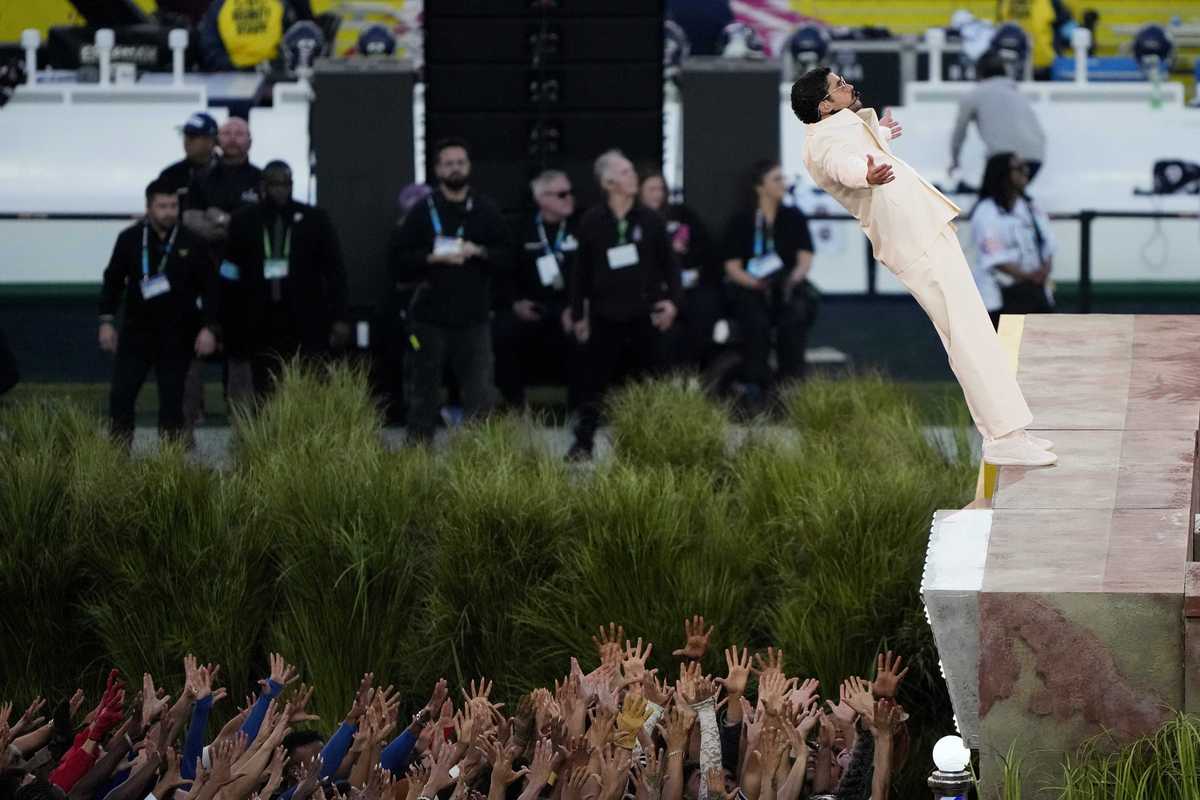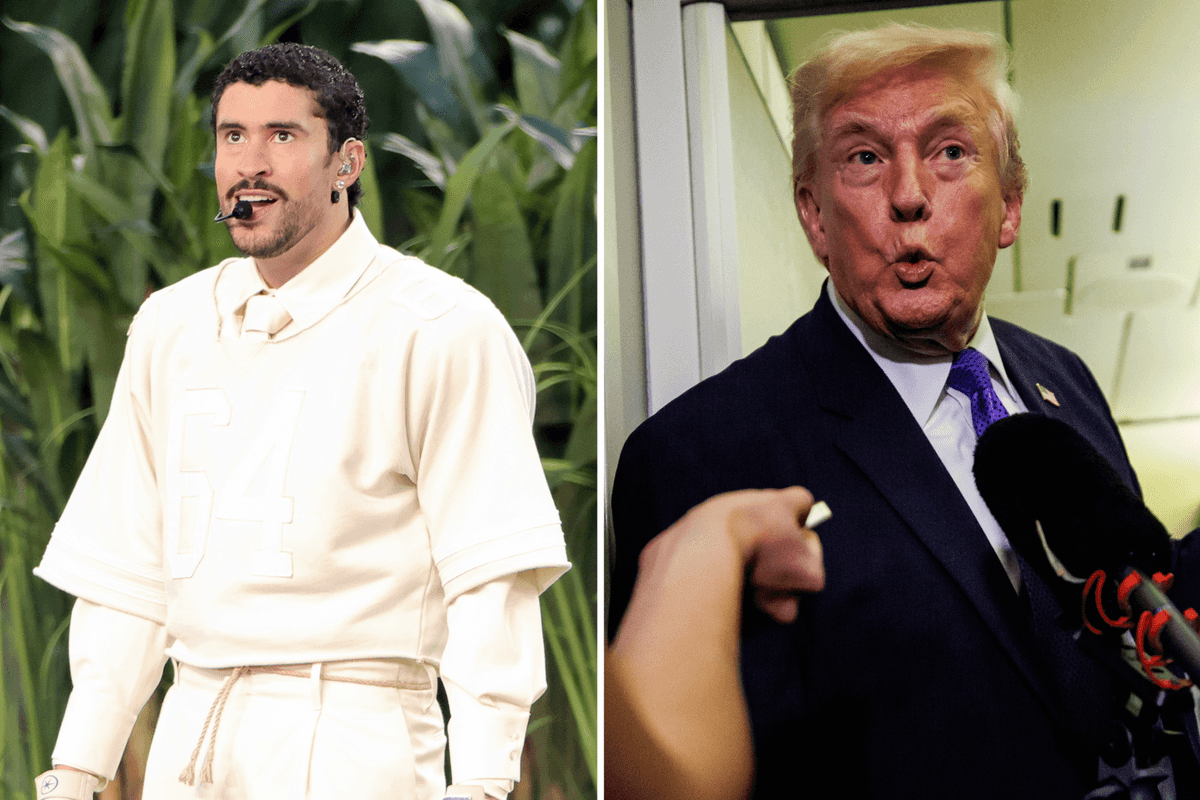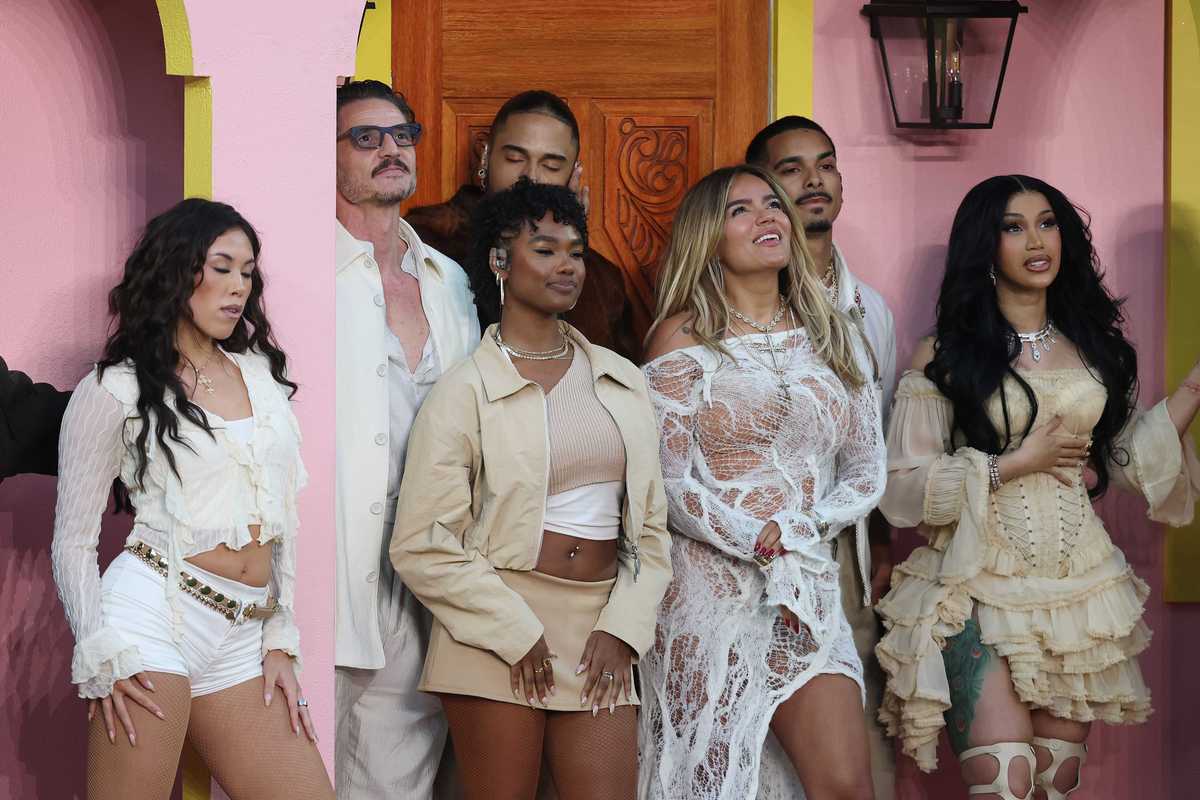News
Matt Bodnar
Oct 25, 2017

Picture:
Nikada / iStock
I study evidence based growth and I’ve interviewed dozens of experts from neuroscientists, to psychologists, FBI hostage negotiators, spy recruiters and even astronauts.
They all share the same core idea - self deception and self ignorance are the biggest things holding people back.
What Is Self Deception?
Not seeing yourself objectively.
Not understanding your own strengths, and much more importantly your own weaknesses.
Not being aware of your own cognitive biases.
Not being aware of the thought patterns and mental addictions that prevent you from achieving what you want.
Rejecting criticism and feedback because you don’t like it, and more broadly rejecting ideas because you don’t like them.
Making blame and excuses for your failures instead of taking responsibility for them.
Not knowing your own limiting beliefs.
Not recognizing patterns of self sabotage that repeatedly manifest in your life.
Why Is Self Knowledge So Important?
“What the pupil must learn, if he learns anything at all, is that the world will do most of the work for you, provided you cooperate with it by identifying how it really works and aligning with those realities. If we do not let the world teach us, it teaches us a lesson.” — Joseph Tussman
The beauty of this quote is that it applies to self knowledge as well. You have to identify how you really work, and align yourself with those realities. Failure to identify the way things really are is one of the greatest traps you can fall into in life.
You have to know your own strengths and weaknesses.
Ray Dalio, the billionaire founder of the hedge fund Bridgewater, created an incredible free resource called Principles that teaches the philosophy of how he views the world. Self knowledge and the search for objective truth are the core ideas of his work. Bonus points you can also view his TED Talk here.
Here’s a quote from his recent interview with Tim Ferriss:
“It’s a weird world that there’s a phobia about making mistakes, and there’s a phobia about knowing one’s weaknesses. Mistakes are part of the process, and everybody has weaknesses. The greatest people I know have weaknesses and have become successful because they know how to compensate for the weaknesses. They’re aware. The stupidest people I know, least successful people I know, are people who don’t own up to those weaknesses and grow. So the exercises that we’re going through are by people who choose to want to be in a radically truthful, or radically transparent environment, and be evidence based.” – Ray Dalio
Accepting When You Make Mistakes
We’ve heard it from a billionaire, now let’s see what a research psychologist who’s studied tens of thousands of people has to say. Here’s a paraphrased passage from one of my favorite books of all time - Mindset by Carol Dweck.
“Instead of trying to learn from and repair their failures, people with a fixed mindset simply try to repair their self esteem...by assigning blame or making excuses...You can still be in the process of learning from your mistakes until you deny making them.” - Carol Dweck in Mindset
That last line is extremely important. The only way to learn from your mistakes is to actually accept that you made them. To be self aware enough to say “yeah, I screwed up” and to take responsibility for it.
Without self knowledge, you are constantly ignoring feedback from reality. Carol Dweck explains this further in a recent interview.
If you’re looking to repair your self-esteem, maybe you’re looking for people who did worse, maybe you're looking to place the blame, maybe you're looking to deny the failure, in any of those cases, you’re not going to be better off going forward.
Neuroscience research shows that when people are in a fixed mindset, the part of their brain that processes errors is hardly active. They are just turning away from that error as quickly as possible. As a result, they’re not correcting the error at the next opportunity as much as people in a growth mindset.
In a growth mindset, that area of the brain is on fire, it’s just super active, they’re looking at the error, they’re processing it, they’re learning from it and they’re correcting it.
- Carol Dweck on The Science of Success Podcast
The resounding lesson taught by everyone from Navy Seals to ancient stoic philosophers is clear - take responsibility for your own mistakes - be self aware that you screwed up and own it - that’s the only way to create a learning opportunity.
The scariest thing about lack of self knowledge is the Dunning-Kruger effect - which states that more incompetent someone is, the less the realize they’re incompetent.
This means that the people with the least amount of self knowledge are often the least aware of it!
How Can You Be More Self Aware?
The good news is that you can get better! You can build your own self awareness. There are lots of things you can do, but here are a few strategies to start out.
Meditate. Yeah, everyone says meditation. That’s because there is a ton of science about how it really does work. One of the first things meditation teaches you is how to be aware of your own thoughts and biases. That’s a key step in the journey of self awareness and self knowledge.
Develop a Growth Mindset. Carol Dweck touched on this earlier - and goes much more in depth in this interview as well as in her book. Developing a growth mindset gives you permission to look at your own mistakes and shortfalls without ego or defensiveness getting in the way. A growth mindset gives you the ability to objectively judge your own abilities. This is a cornerstone of self knowledge.
Journal. Journalling helps put thoughts on paper, clear up your thinking, develop self awareness, and lets your return later to assess your thought process.
Read up on rationality and cognitive biases. Check out people like Charlie Munger who speak about mental models and cognitive biases so you can learn to spot them in your own thinking
More: These are the mental health symptoms you should never ignore
Top 100
The Conversation (0)













